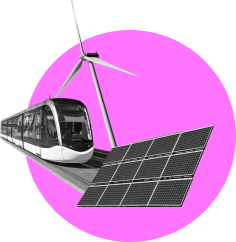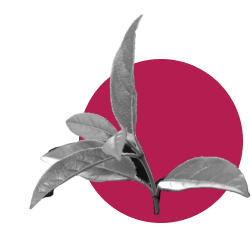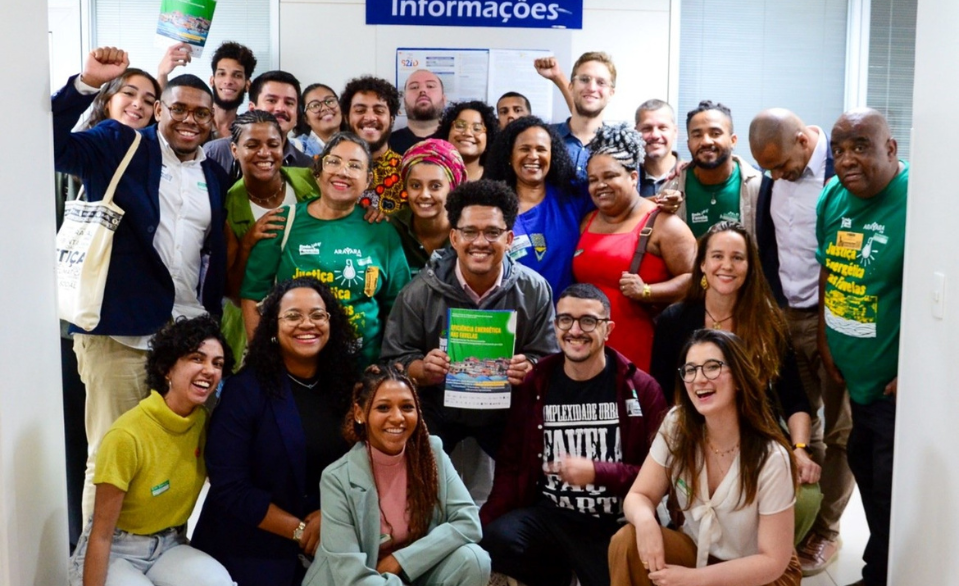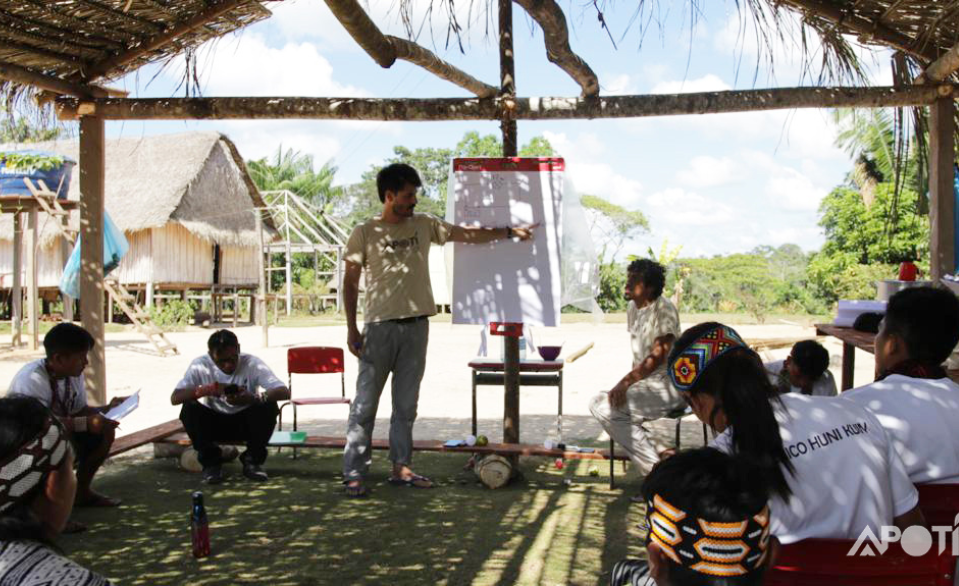Who We Are
The Institute for Climate and Society (iCS) is a philanthropic organization that supports the fight against climate change. It focuses on Brazil through the use of a wide range of approaches and tools that range from institutional and financial support to non-profit organizations. This includes support to develop technical and scientific research, the formation of networks, and the development of capabilities in the different economic segments of Brazilian society.
With an important and diverse network of partners and stakeholders, iCS encourages building bridges between different sectors, and promotiong dialogues and exchanges between ecosystems, seeking to expand the connections and to reduce the approaches of working in silos. iCS understands that this systemic approach is essential for the decarbonization of the Brazilian economy to translate into opportunities of socioeconomic development for the country.
Created shortly after the Paris Agreement, in 2015, the Institute, together with its partners and grantees, has been broadening a collection of experiences and useful knowledge to advance the climate agenda and improve the quality of life of the Brazilian population.
MISSION
To contribute to Brazil reaching its potential of reducing emissions by 66% in 2030*.
(*base-year 2005)
VISION
Carbon-negative Brazil, with economic growth and social justice by 2100, compatible with 1.5 ºC.
2015
iCS begins its activities in the same year as of the approval of the Paris Agreement, and the approval of the 2030 Agenda and the Sustainable Development Goals (SDGs).

2016
The Institute structures its governance and organizes its programmatic areas into three segments – Energy, Urban Mobility and Economy and Climate Policy. At the same time, it approves the strategic plan for the five-year period (2016-2020).

2017
The programmatic area adds the work in Low Carbon Economy as part of the Economy and Climate Policy portfolio and significantly increases the number of grantees.

2018
The portfolio of Economy and Climate Policy is divided into the Climate Policy and Outreach and Low Carbon Economy portfolios and the E+ Energy Transition Institute is created. The experimentation of the catalyzation work of iCS with the Kigali Project is initiated.

2019
The portfolio of Land Use and Food Systems and the coordination of Climate and Law within the Climate Policy and Outreach portfolio are created. iCS holds the first edition of the Brazil Climate Action Hub, at COP 25, in Madrid, aiming to facilitate the contribution of representatives from different segments of the Brazilian society at the climate COPs.

2020
With the Covid-19 pandemic, iCS provides R$ 1.16 million in emergency resources for 35 organizations with initiatives aimed at food security and health preservation in the peripheral and socially vulnerable communities of Rio de Janeiro and the Amazon region.

2021
The climate agenda is consolidated in the national and international debate. The programmatic department is consolidated with seven portfolios with the creation of the Communication and Engagement and the Law and Climate portfolios. At COP 26, in Glasgow, the Climate and Development initiative was launched, prepared by around 300 institutions.

2022
iCS begins a new strategic planning aiming to reinforce the transversality of its programmatic work. The third and final edition of the Brazil Climate Action Hub is present at COP27.

2023
A year of transition for the Executive Board. A process of strategic and organizational restructuring begins, as well as the strengthening of the governance at the Institute with the creation of four departments: Partnerships and Communication, Programmatic, Management and Learning, and Operations and Finance Departments.
Grants:
iCS finances projects involving the climate agenda in all the regions of Brazil. Criteria for choosing the grants follows a combination of adherence to the strategies of the four areas of operation of the Institute and a sense of opportunity in the topics of the climate agenda that need to be developed in Brazil.
See more
Who do we finance and how?
iCS finances non-profit organizations and projects from different sectors that seek the production of knowledge, the coordination of networks and the development of solutions for the advance of a low carbon economy in Brazil, with social justice and a greater resilience to climate change. See the step-by-step process here.
See more
